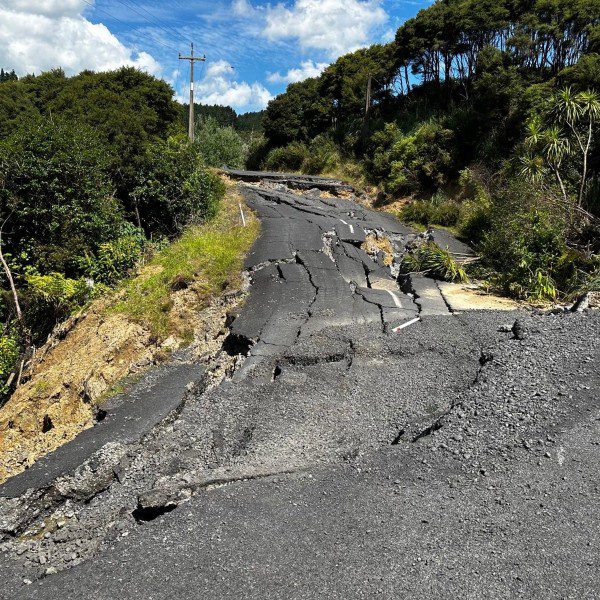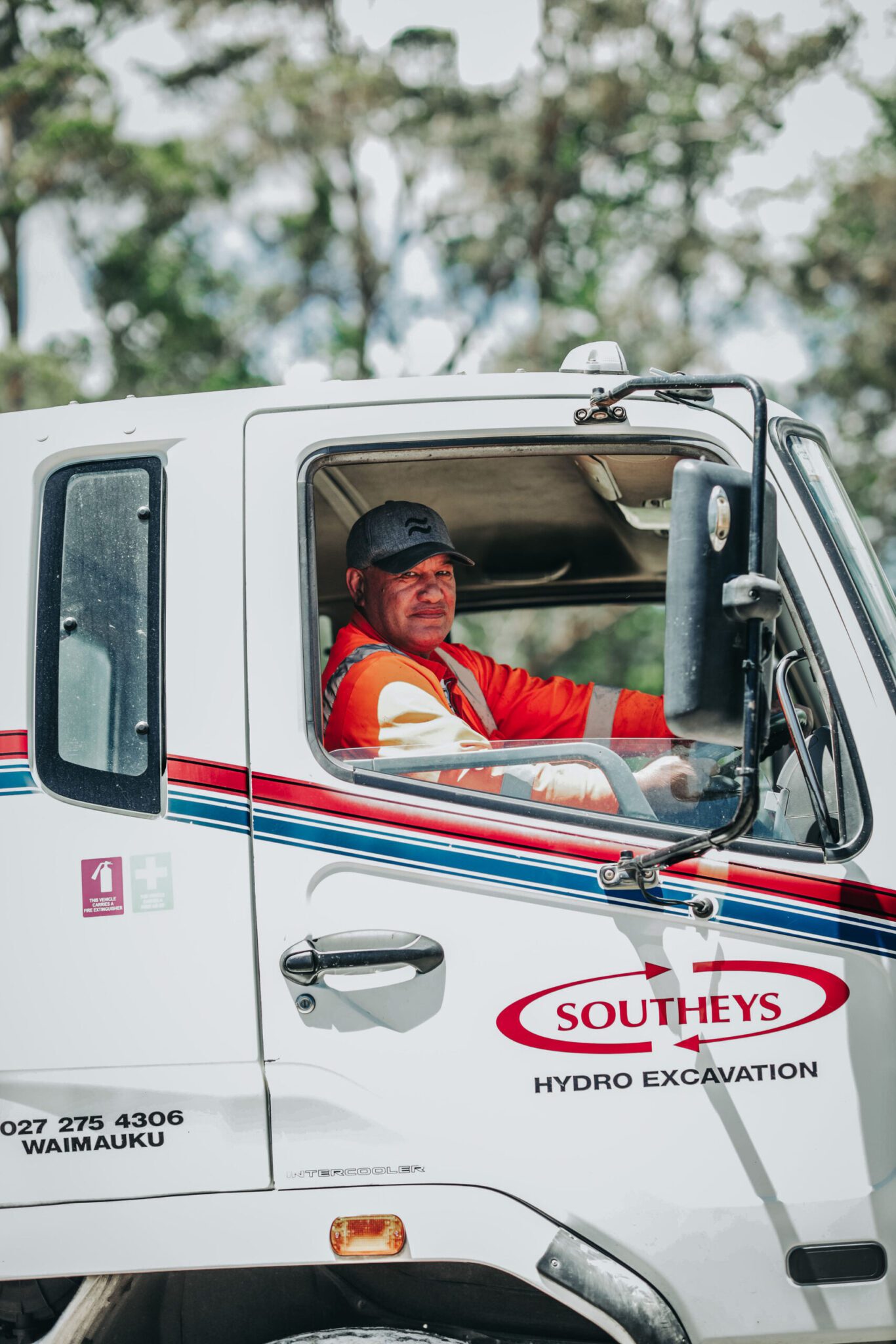The Government’s announcement of $250 million for assessing and fixing the roads is a great start, but the final number is going to be significantly higher says National Road Carriers Transport and Logistic Advisory Group Chair Simon Bridges.
“Funding is just one of the challenges the re-build faces,” says Mr Bridges. “Sourcing enough qualified road contractors, engineers, surfacing operators, labourers, foremen, and the list goes on – is going to be a huge challenge.”
National Road Carriers CEO Justin Tighe-Umbers says recent changes announced by Government to allow a seven-day turnaround for visas relating to the re-build is a start but does not go far enough.
“New Zealand businesses are already in the midst of a worker shortage epidemic. If we are to, quite literally, dig our way out of this hole we need to be far more progressive, so we not only attract the right talent but also the best delivery expertise.”
National Road Carriers says the Government should prioritise five critical roads as part of the post-cyclone infrastructure re-build. Mr Bridges says five key roads across the North Island have been severely impacted by Cyclone Gabrielle. “They are national highways that are essential for connecting communities, moving freight and ensuring our country’s economic viability.”
The five roads are:
- SH1 Auckland to Northland
- SH25A Kōpu-Hikuai access to the Coromandel
- SH2 Hastings to Gisborne
- SH5 Napier to Taupō
- SH35 around the East Cape from Ōpōtiki to Gisborne
SH1 through the Brynderwyns is closed for an indefinite period forcing heavy freight to detour via SH12 and SH14 adding an hour each way to travel between Whangārei and Auckland, with other vehicles diverting through Mangawhai and Waipū. Mr Tighe-Umbers says, “A route which faced additional closures just this weekend when the region was hit with yet more rain. This is both economically damaging for Northland and risks both isolating vulnerable communities.”
The Kōpu-Hikuai road, SH25A, in the Coromandel is one of the most significantly damaged roads in the network. Mr Tighe-Umbers says, “Heavy rain combined with a lack of maintenance over recent years has led to a complete collapse of the road, leading to diversions that add hours onto residents’ travel times in the eastern Coromandel. Heavy freight is now traversing SH25 from Waihi to Whangamatā, to access the eastern side of the peninsula putting increased pressure on a road that is already in a poor state of repair.”
On the East Coast, closure of SH35 has disconnected communities from Gisborne leaving them without access to the basic necessities such as medical care, food and fuel. Damage to SH2 has meant access has been limited between Gisborne and Ōpōtiki, with severe damage taking out the road between Napier and Wairoa.
SH5 between Taupō and Napier has experienced catastrophic damage that has closed the road entirely leaving communities isolated and facing a five-and-a-half-hour diversion through Palmerston North.
“The aftermath of Cyclone Gabrielle has given us the much-needed impetus to separate roading infrastructure away from politics, creating a funding model that allows us to plan for the future and create sustainable roading solutions that will stand the test time,” says Mr Bridges.
Mr Tighe-Umbers says a 50-year roading infrastructure plan that is locked-in out of political reach will give roading contractors surety around a pipeline of work, and the confidence to invest in New Zealand, delivering economies of scale for road building and greater network resilience.”




